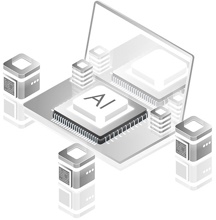TECHNOLOGICAL BARRIER
Development of a stably working software package for identifying factual and semantic errors in academic essays, the result of which corresponds to the result of a specialist's work in a limited period of time.
HOW TO PARTICIPATE
- Complete the registration form.
- Read the Contest Terms and Conditions, Technical guidelines and other documents here.
- Form a team and join our channel in Slack #proj_upgreat_readable in Open Data Science.
- Get access to the contest IT-platform.
- Pass the qualification stage.
- Take part in the main tests of the current cycle.
CONTEST TIMELINE
If the technological barrier is not overcome in the current cycle, the next one is launched.
First cycle took place in November 2020. As no team could solve the task, the contest continues with the 2nd cycle to be launched in autumn 2021.
Registration is available anytime.






